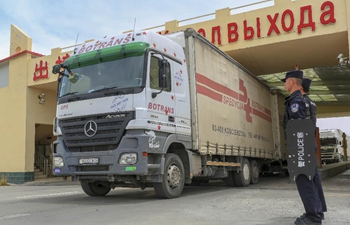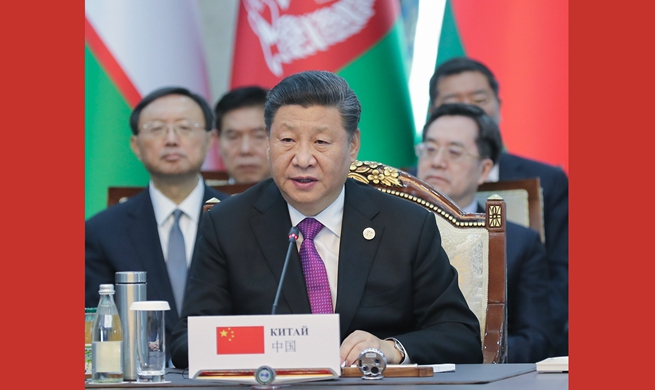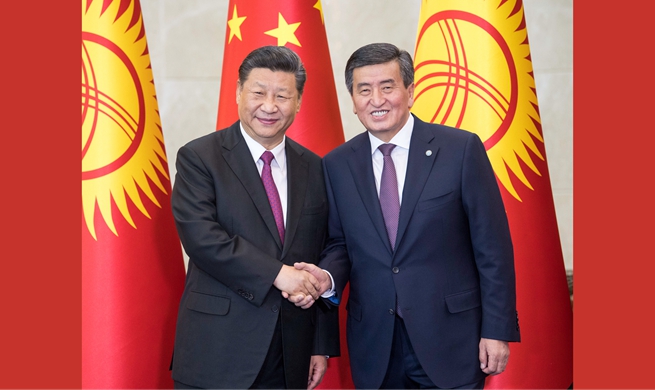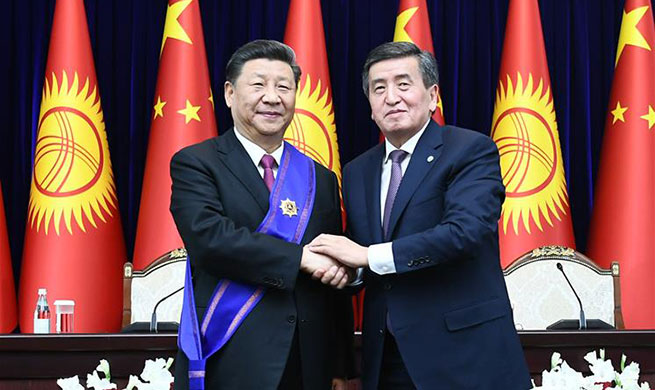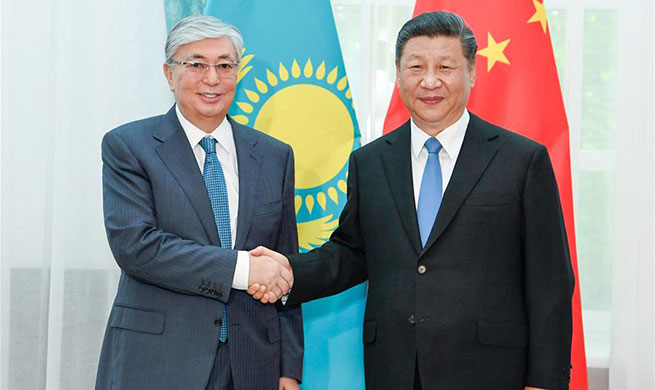GENEVA, June 14 (Xinhua) -- The World Health Organization (WHO) expressed deep concern on Friday about the ongoing Ebola outbreak in the Democratic Republic of the Congo (DRC), but still did not consider it a health emergency of international concern.
WHO Director-General Dr. Tedros Adhanom Ghebreyesus convened a meeting on Friday of the International Health Regulations Emergency Committee for the Ebola outbreak in the DRC, which concluded that the disease does not meet all criteria for a Public Health Emergency of International Concern (PHEIC).
It was the third meeting of the committee on this outbreak, after two previous ones in mid-April and October last year.
The committee expressed its deep concern about the ongoing Ebola outbreak, which, despite some positive epidemiological trends, shows that the extension and reinfection in areas like Mabalako presents challenges around community acceptance and security. In addition, the response continues to be hampered by a lack of adequate funding and strained human resources.
Earlier on Thursday, the DRC's neighbor Uganda said that it had registered new Ebola deaths. A five-year-old boy and his grandmother, both tested Ebola positive, died on Tuesday night and on Wednesday respectively. The Ebola outbreak in Uganda was confirmed on Tuesday.
The cluster of cases in Uganda is not unexpected, the WHO committee said Friday, adding that the rapid response and initial containment is a testament to the importance of preparedness in neighboring countries. The committee commends the communication and collaboration between the DRC and Uganda.
The WHO held that though the outbreak is a health emergency in the DRC and the region, but does not meet all the three criteria for a PHEIC, which specify that the health event should be "serious, sudden, unusual or unexpected; carries implications for public health beyond the affected State's national border; and may require immediate international action."
While urging the DRC to continue to improve and sustain cross-border screening of Ebola cases, the committee also strongly recommends that at-risk countries improve their preparedness for detecting and managing exported cases, as Uganda has done.
Meanwhile, the committee has strongly advised to strengthen community awareness, engagement, and participation, especially in border communities where mobility is highly likely and community engagement needs to be more sharply targeted to identify the populations most at risk.









